Worldwide Dance | DJ Bosque
For the latest edition of Worldwide Dance, Alice Tilley speaks to Bosque Kuttner, DJ and co-founder of Queerhana — part street party, part political project from Tel-Aviv.
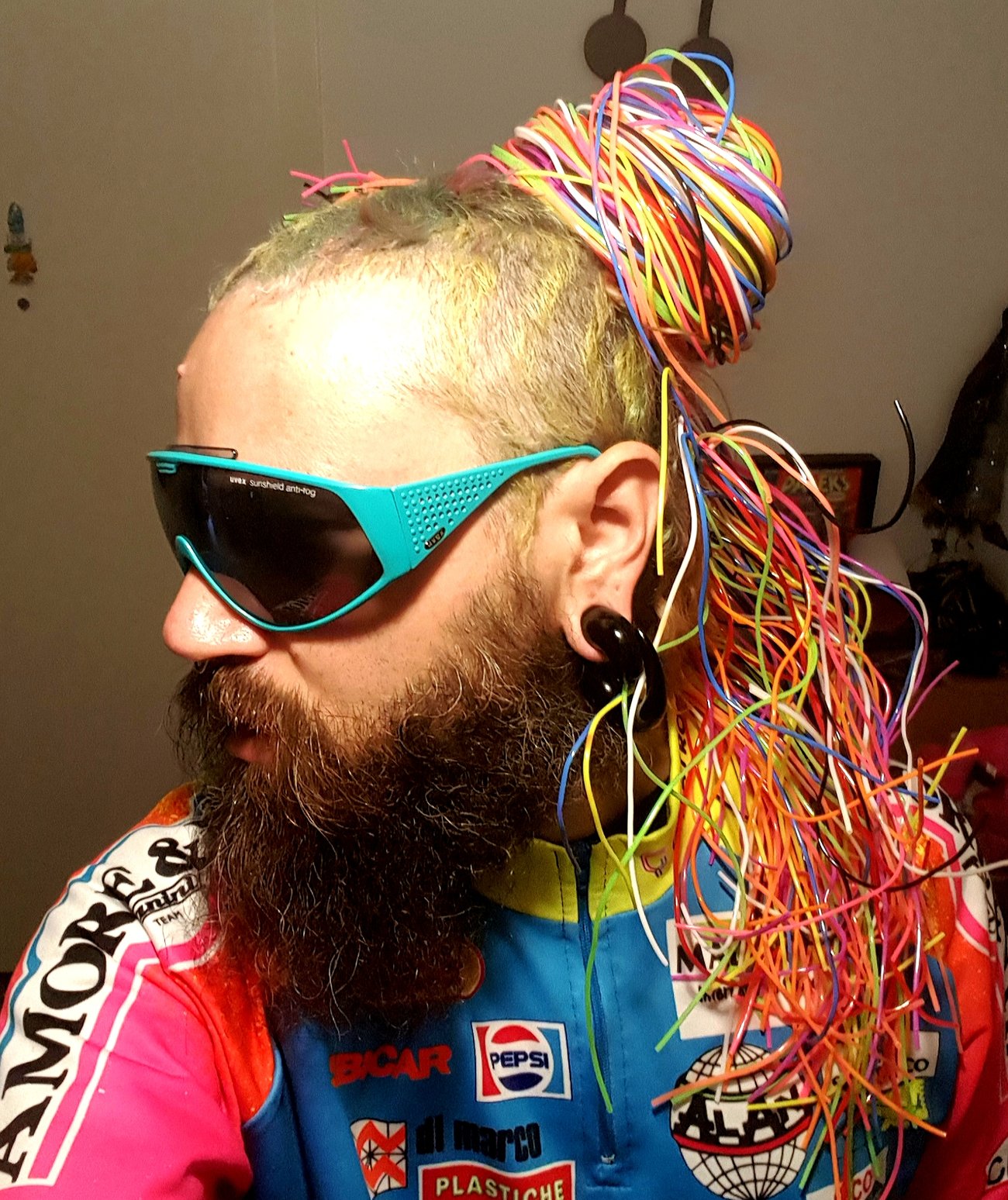
Where did you grow up and where does your love of music and nightlife come from?
I grew up and lived in several countries. In New York as a child, as a teenager in Tel-Aviv, as a young adult in the UK and the last 5 years in Berlin. A big early cultural influence was Punk Rock which I discovered in Tel-Aviv. Being a part of a group that made sense of feeling like an outsider saved my life as a teenager. I formed a Punk band, published zines and put on gigs. The band Crass, who pioneered the Anarcho-Punk movement was a huge influence. Still is.
**What were your first experiences of partying in the cities you’ve grown up and lived in? How did the underground scenes you fell into compare and how have they inspired your career? **
I first went to London in 2000, then again 2007-2008 and in-between for frequent shorter periods. I loved the free party scene, the squat parties. Former factories that were transformed into these dystopian castles and were occupied by raves for days. It’s hard to explain but it really felt like a parallel reality to the normal world, and really it was. I think many I went to were in Hackney pre-olympics era, but some were as central as Tottenham Court Road. The music was diverse, the best ones would have a 'Stay Up Forever' style Acid-Techno floor, a Drum and Bass floor, and even a live Punk floor with bands playing on a cracked floor. I was mostly into the Acid-Techno and Techno-Trance, which were both very London sounds in the early 00's.
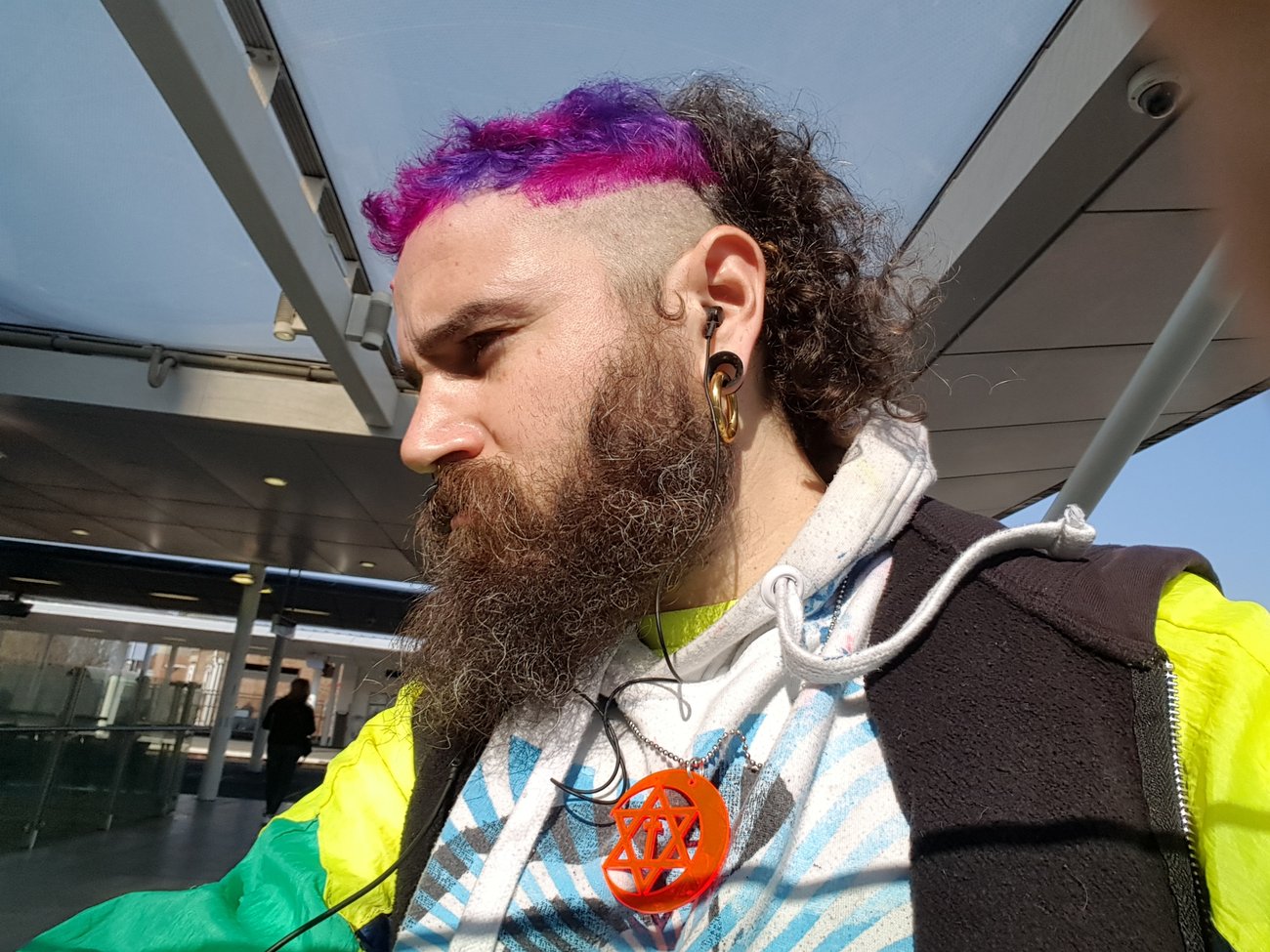
In my 2007-8 time I got involved as a DJ with the only openly-queer squat party crew I knew of that operated in the London scene. Their parties were mostly around Dalston area, and had Noise and BDSM performances, and DJs playing Techno and Electro. One of the DJs was Lakuti, now a Berghain/Panorama Bar resident. It was wild, extreme and crusty. Going to the parties gave you a kind of feeling of freedom and lawlessness that is really essential to your soul. I remember wondering how come the police just let it be. The main music played was Acid Techno, and the one producer I followed was Chris Liberator, who is still the king of Acid.
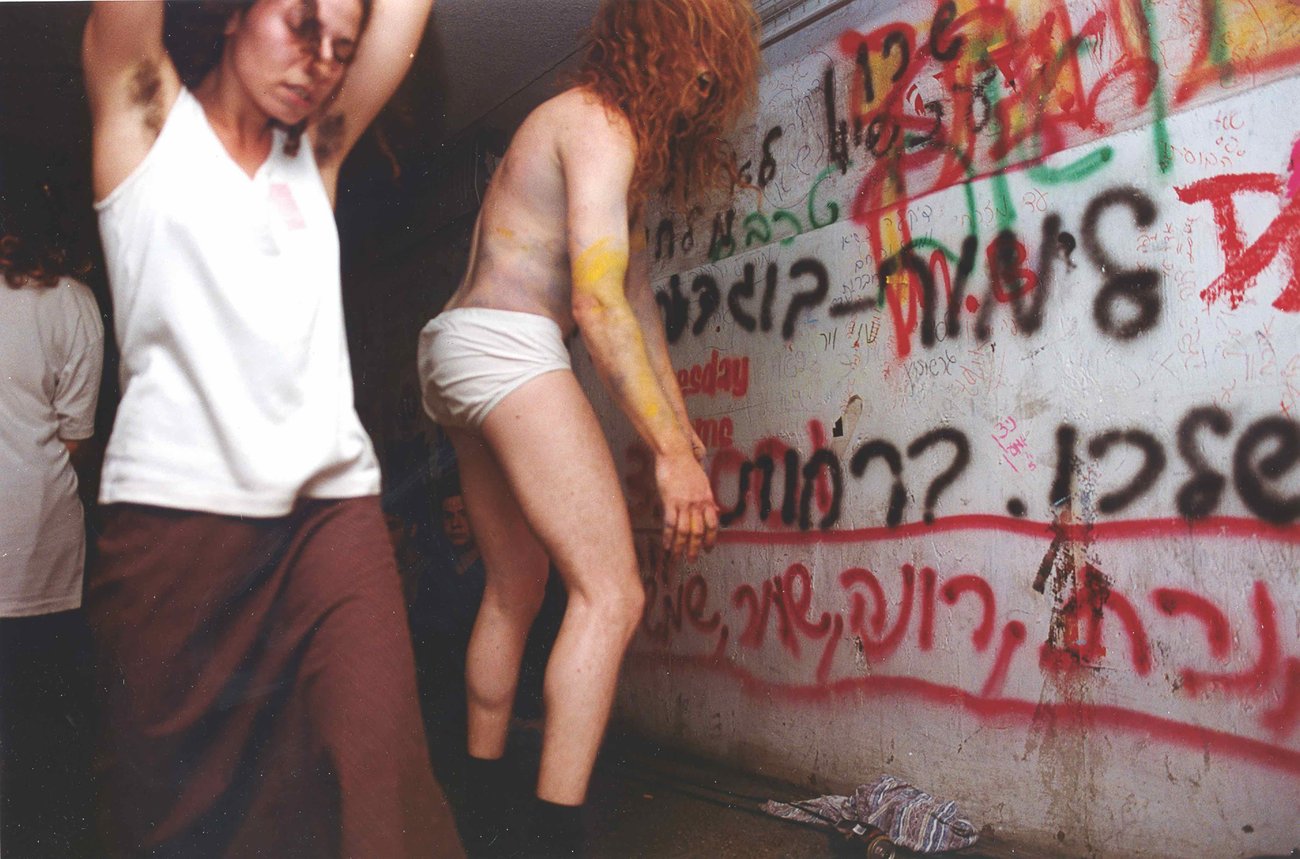
In Tel-Aviv you had the Trance desert and forest illegal parties that had a similar vibe to London squat parties. Dancing under the sky with no one telling you what to do and how to be. I’ve followed this underground scene since my late teens, and it is still going strong even though the parties are constantly raided already 30 years now. Psy-Trance has become a local folk music, and an initiation experience, in the Israeli/Palestinian society. It is a very unique phenomenon, and a very tribal and ritualistic way to party. People take a lot of effort in organising it and getting to the parties, traditionally ravers would drive 2-3 hours to some isolated spot in the desert or forest and spend much of the weekend there. While huge raves and festivals exist today as well (at least when they have a permit), the small ones are still thriving and to keep it going against all odds and with that many legal and financial obstacles, it’s an amazing thing. It’s a result of people being passionate to share this kind of tribal experience with others.
**Tell us about Queerhana. How did it start and what point are you at with it now? **
When I came back from London to Tel-Aviv in the early 2000’s the squat scene I experienced in London inspired me to form with like-minded people, street parties. These were ‘Reclaim The Streets’ style unlicensed raves called Allenbeach, which brought together ravers, punks, eco-activists and passers-by to take back the city from car pollution and commercialism. We partied on roads, in parks and in underground tunnels. If city inspectors would give us a fine for the noise we would collect the money in a hat from the ravers and just go on with the party. Any extra money left would pay for alcohol we handed to the crowd.
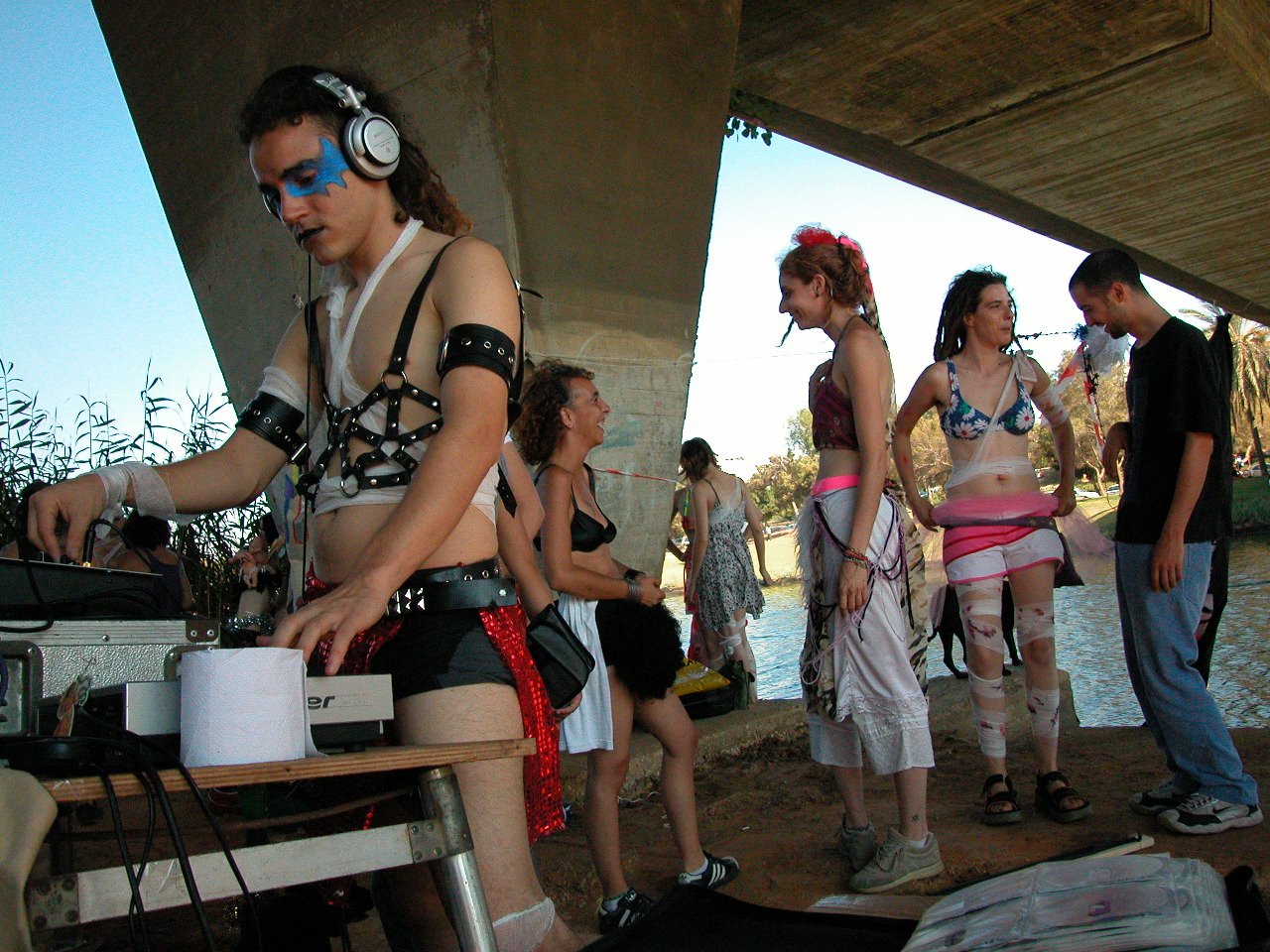
Later in 2002 this party formed into the queer free party collective, Queerhana. A street party to counter the by-then commercial Tel-Aviv pride event. We felt it was about assimilation into conservative hetero-normative values; getting married, kids, going to the army, while we wanted to celebrate being outsiders and freaks. Our 'queerness' was a lot about the LGBT experience, but our community included also many punks or other misfits who wanted to create something alternative and free, together with us. We were a group of the misfits and marginalised, Queer ravers and punks, hairy drag queens, and anti-occupation activists, all dressed as pirates. We set up a sound system, I played Happy Hardcore and a Palestinian MC rapped. The first time it was only 50 of us, but the following year, with a bigger sound system and still illegal, thousands danced with us. We created and handed out holy cards of ‘holy queers’, to counter the way mainstream religion stereotyped sexual misfits. Nowadays several scholars are publishing academic works about these early parties, which I find truly touching. We felt we found a way to make people feel free and be united with others, through dancing and raving. People connected to our message because they realised we were doing it with no intention to make a profit, purely out of vision and love. Rave the way I see it, is a utopian political project. In Queerhana the experience we had was how powerful this new form of protest and dancing could be.
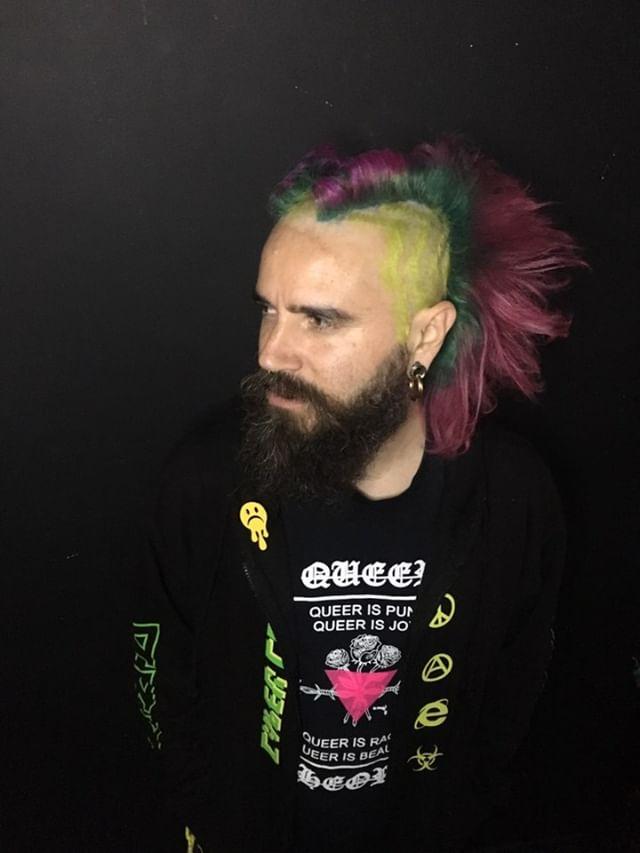
Tell us about your latest projects. Anything on the horizon that you wish to share?
Yes! I have recently brought together a new crew now in Berlin where I have lived for the last 5 years. It is called Dreamcore. It is a party and a fanzine, which launched on June 21.
Pride was part of the intention of the Dreamcore party, being in June. We put our idea of what Pride should be about now into the party in different ways, some are more obvious and some less. For example the DJs we book and the kind of music that is played. The music we curate is intended to uplift, shake and wake you up into activation mode, whether in a political or personal way. We are inspired by how the utopian potential of rave culture has been rediscovered lately. From Tbilisi through Berlin and all the way to Tel-Aviv, people are dancing in the streets for their rights and freedom. We find the re-emergence of 90’s sounds really fitting for this - Trance, Rave and Gabber, it’s a very appropriate soundtrack to our reality now. I produced a new Techno-Trance track for the first party- ‘Enter Dreamcore’, in collaboration with Sebastian Lee Philipp of ‘Der Wilde Jaged’. I can’t wait to play it at the rave.
Whereabouts in Berlin did you hold the first Dreamcore? Any reason why you choose it?
It was not in a club, ideally Dreamcore will not happen in clubs, or very specific non-commercial clubs. We think clubs have generally become too expensive, too exclusive, too generic in the music they offer. We do go to clubs, especially the smaller ones, and love some of it, but we want to offer something different, something friendly for the community and more in the spirit of raves and DIY. It is not simple like in the days Berlin had an abundance of empty spaces, but it is still possible to find non-commercial spaces. The recent party was at a huge former factory in the Lichtenberg district, which is occupied by artists workshops now.
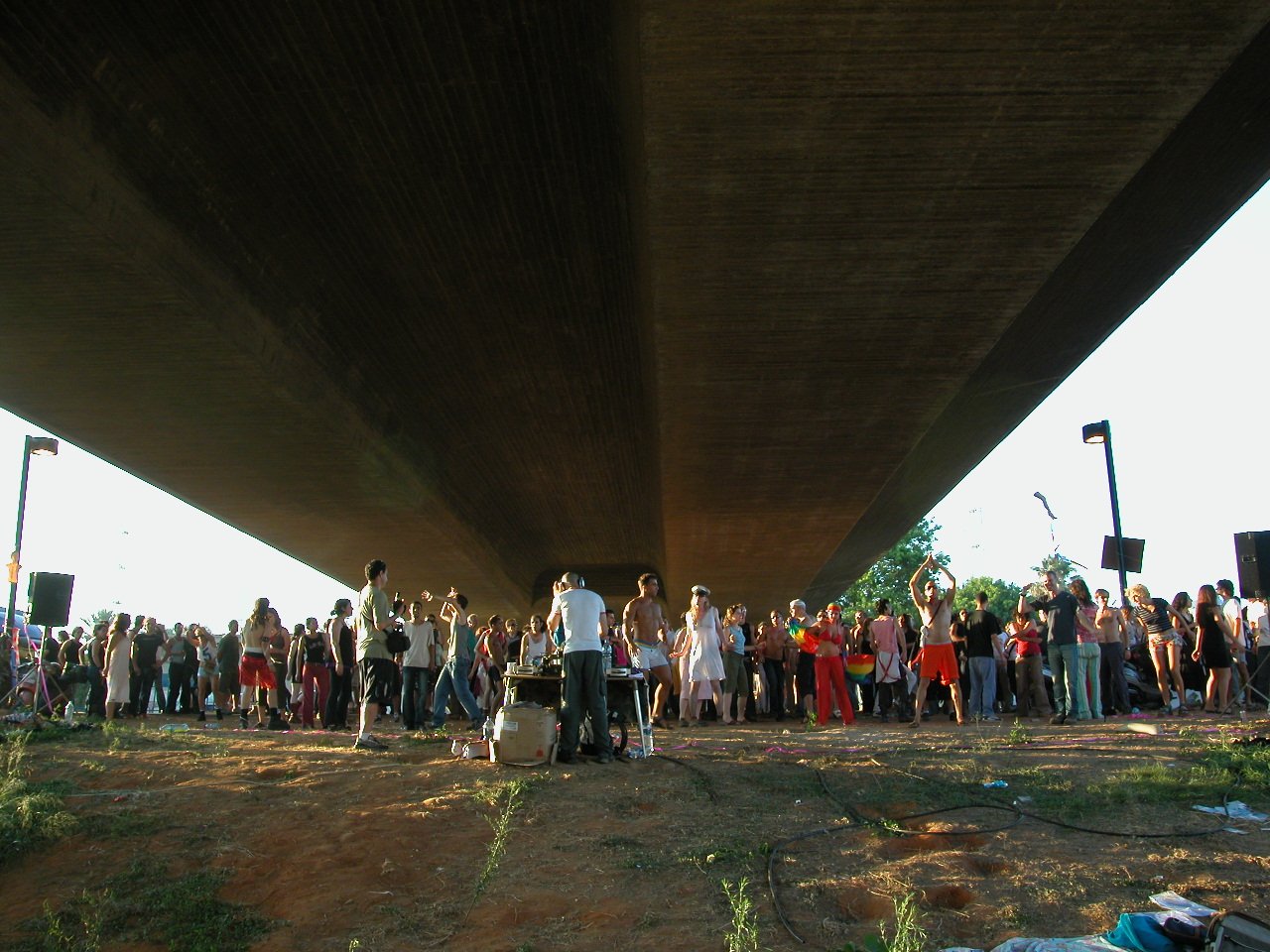
How do you know Sebastian Lee Philipp?
We were both into the Electro-clash scene in London, parties like Kash Point and Nag Nag Nag. He had the band Noblesse Oblige with Valérie Renay, and I watched them live in those clubs. Nowadays we both live in Berlin and collaborate musically. We’re currently working on some Techno-Trance and Gabber tracks and also I have a live Electro-Oi!-Punk band (as a singer/ songwriter) that Sebastian helps me transforming into a recording in the studio.
**Any finally, what do you hope to achieve with Dreamcore? What does it stand for? **
We are living in a crazy time in history where everything seems possible, both good and bad. Dreamcore is about partying hard, creating unity and hopefully inspire good things to come!
Written by Alice Tilley
